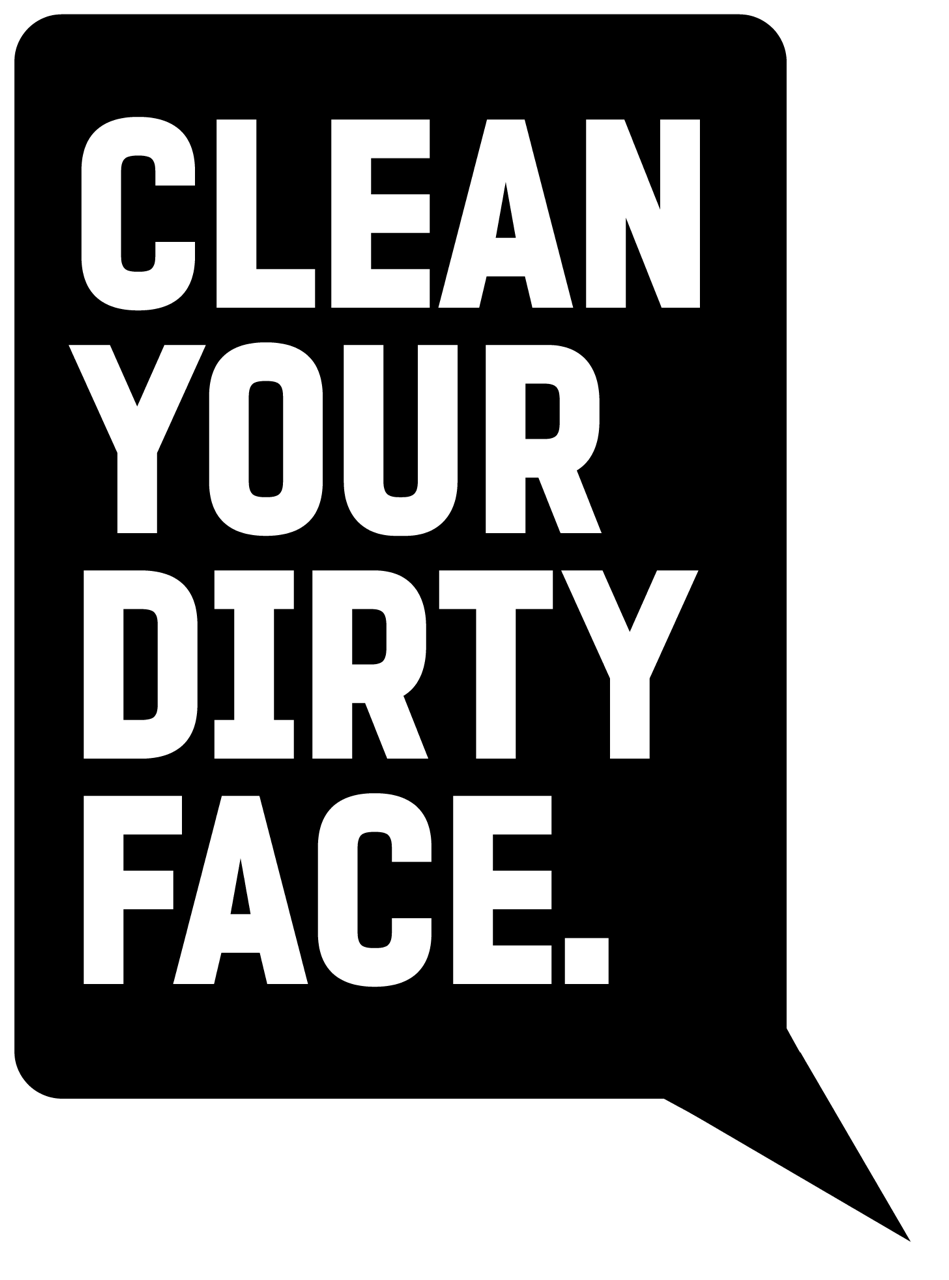Dirty Secret #1
95% of your plastic cosmetic packaging ends up in the landfill and our oceans every year.
Every year, 95% of your plastic cosmetic and personal use product packaging ends up in the landfill, or flowing through our oceans endangering our marine life. A recent study published at Duke University found that whales and dolphins are now partly made of plastic due to the pollution in the ocean. Specifically, the marine mammals studied were found with microscopic plastic particles embedded into their fats and lungs. Micro-plastics are also commonly found in seafood we consume such as tuna, salmon, shrimp, mussels and oysters. Common sense tells us that if we’re consuming this seafood, there’s probably micro-plastics inside of us too.
Dirty Secret #2
Cosmetics companies want you to think you can recycle plastic, but it’s basically a myth.
In the last 75 years, only 9% of the world’s plastic has been recycled. Furthermore, less than 1% of your single-use plastic packaging is actually recycled (this includes everything from your drugstore deodorant to skincare sample/trial/travel size items), and instead, 7.2 billion pounds of single-use plastic flows into our oceans every year. There are so many different types of plastics, and only some types can actually be recycled. Sadly, many cosmetics products do not use the type of plastic that can actually be recycled, and even when they do, the plastics are down-cycled. Essentially, the plastics that are collected and sent back are down-cycled into other plastic products of lower quality (think cheap, plastic gas station trinkets and goodie bag toys) and eventually sent to landfills and oceans anyway.
Dirty Secret #3
Cosmetic companies use “Green” buzz words and programs to mislead you.
Instead of getting to the root cause of the problem (i.e., reducing overall plastic production in the first place), companies’ marketing teams are tasked with introducing Greenwashing programs to mislead you into believing that the company is an environmentally-responsible one. For example, some companies introduce ‘mail-back empties programs’ which even if well-intentioned, receive an F for execution. The complexities, resources and energy involved with reprocessing plastic is extremely inefficient and costly to begin with, and now adding mailers and transportation associated with a mail-back program makes the program a complete failure. Beware of buzz words and Greenwashing programs that are designed to create a false sense of progress and distract you from the real problem, which is reducing overall plastic production in the first place.
Four steps you can take in the right direction:
Educate yourself, be curious and ask questions. Do not fall for Greenwashing.
Purchase skincare and cosmetics that use little-to-no plastic packaging.
Buy in glass packaging because glass can be recycled over and over again without being compromised.
Choose companies that offer real refill options. Beware of refillable containers because they’re often made from plastic, and the manufacturing and transportation of said refillable containers may be marketed as eco-friendly but digging deeper reveals that most are really no different than single-use products. As a reminder, less than 1% of single-use plastic packaging is recycled.
Since inception in 2015, Clean Your Dirty Face® retail skincare products are housed in glass packaging and paper cartons. We use little-to-no plastic in our retail skincare product packaging, with the only plastic-use present where there is no other feasible alternative such component tops, backbar safety, and FDA-mandated sunscreen packaging. Sanitation practices during our facials such as only using gloves during certain treatments and continuously sanitizing/washing hands instead greatly reduces waste. Last year, we introduced our Refill Program and we are expanding it as quickly as we can. No company is perfect, but being self-aware, challenging the status quo, and making better choices together is important because well, we all deserve better than this.











